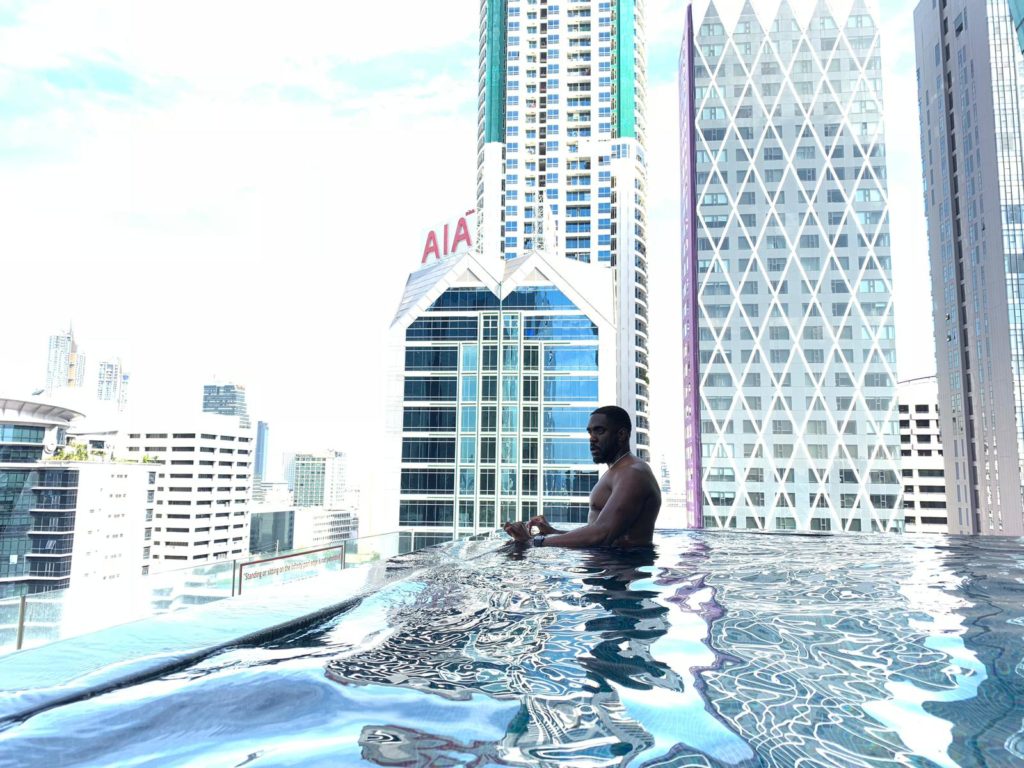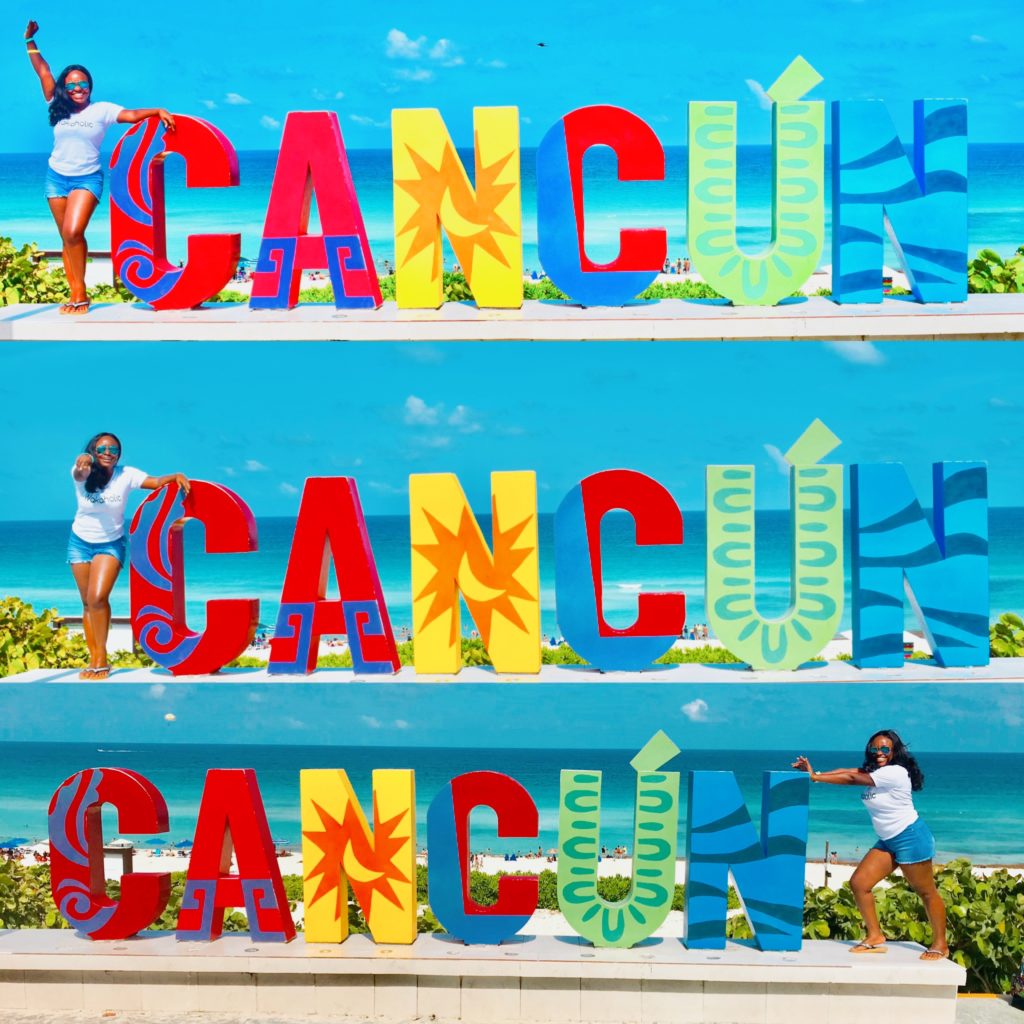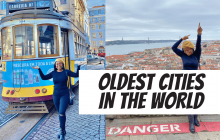Luxury travel is not what it used to be– literally. This travel segment is changing and evolving almost as fast as it’s growing – a third faster than any other travel segment, to be precise – and the list of luxury hotels being built or due to open in the next few years is never-ending.
But what is interesting is not so much the growth of the industry, but what – or more importantly, who is driving it.
With the rise in non-luxury brands’ ‘masstige’ (prestige for the masses) products closing the gap between ‘premium’ and ‘true luxury’ travel, traditional luxury travellers are now making their travel and hotel choices based on far more than just the square meterage of their suite. They want experiences, they want personalisation and they want to discover places before they become overdone and overrun.
At the same time, luxury travel has become ‘mass’. Everyone wants a touch of luxury in their lives. This previously exclusive market, is now being accessed by people from many walks of life, and not just the ‘connected few’ or very wealthy.

Digital-first Millennials and Generation X, a growing affluent female market, a rapidly emerging Chinese middle class – and Chinese Millennials, in particular – as well as the multi-generational travel movement and new technology are all contributing to reshaping the luxury travel landscape.
While the middle class and upper-middle-class won’t travel luxury all the time, they will splurge at milestone events and celebrations, and religiously plan and splash out on one big trip once a year or every couple of years. This aspirational group is accessing luxury travel and services more and more and is adding to an environment previously dominated by the top few percents (3 percent, to be precise, according to Upchurch, who revealed that 3 percent of Virtuoso’s clients drive 40% of the company’s revenue – an exclusive group called Virtuoso Reserve Clients that spends $130,000 per year on travel – ten times what the average Virtuoso client spends).
Australian travellers are consuming luxury travel experiences at record rates, according to recent YouGov research analysing global luxury consumer sentiment. Always keen to experience ‘the next big thing’, Australian travellers are wanting to get to emerging luxury travel hot spots before they become, well, hot spots.
Every year Virtuoso surveys its industry-leading force of travel agencies and advisors in 50 countries, including 82 locations in Australia, to forecast what the coming year will bring. The Luxe Report unveils consumer preferences in high-end and experiential travel.
Luxury travel agents also report that they’re seeing more and more younger travellers, namely millennials – those aged 22 to 37 years old – knock on their doors, prepared to invest whatever it costs for once-in-a-lifetime experiences. This globally-minded generation travels more often than previous generations and is the first generation to use the internet and social media for travel inspiration, research, and booking.

They not only consider travel an incredibly important part of their lives, often valuing it over buying a house, car, or paying off debt, they also consider it an integral part of their identity, and the holidays that they choose to take as a direct reflection of who they are. The older end of this generation – Generation Y – is also increasingly affluent, and are fast becoming big consumers of luxury travel experiences.
“[Millennials] have been part of this whole revolution of the transformation of the prioritisation of spending on goods to experiences,” Upchurch says, whose own daughter is the case-in-point: a 23-year-old who has travelled the world, but has “never owned a car in her life.”
And this mental shift is a rapidly growing one.
– Culled from Luxury travel magazine




